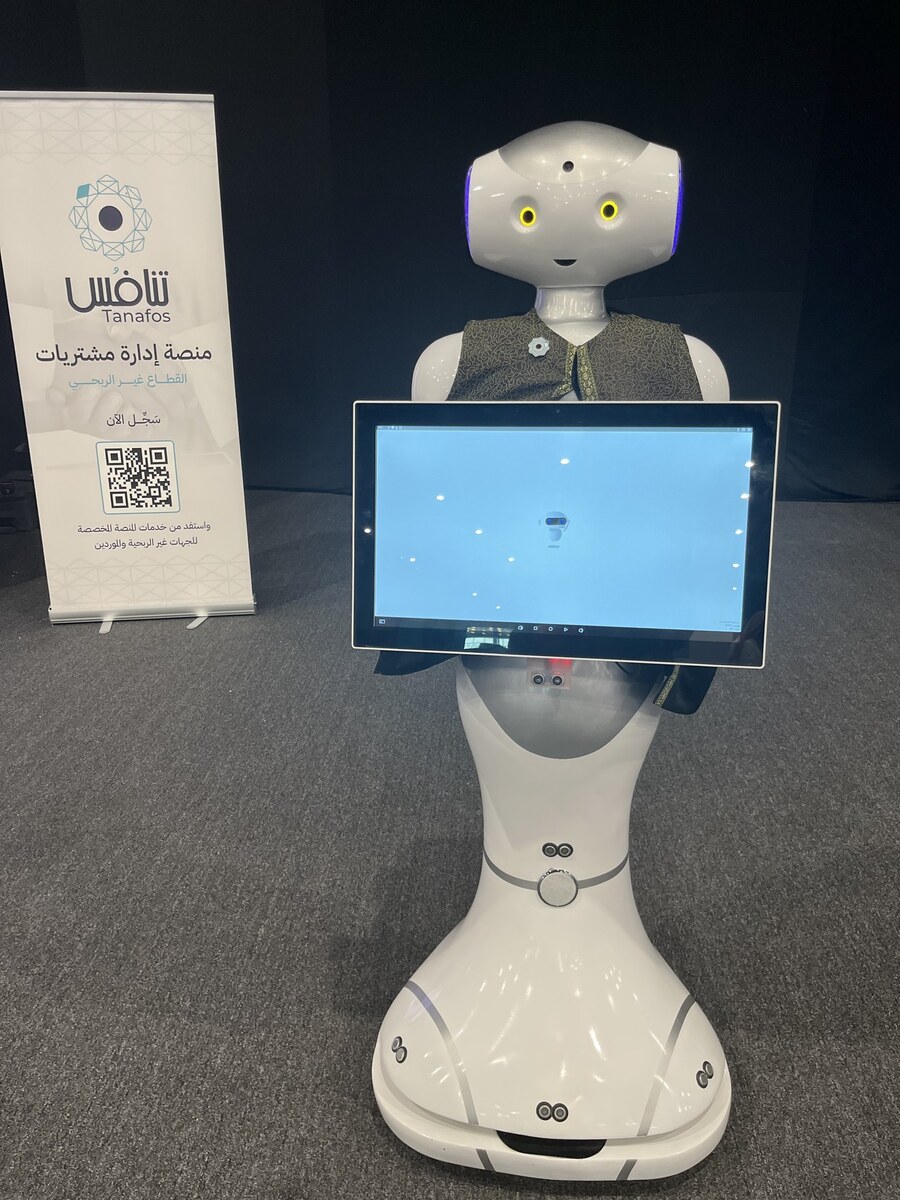RIYADH: Saudi Arabia’s Tadawul All Share Index slipped on Wednesday, losing 55.22 points, or 0.46 percent, to close at 11,901.77.
The total trading turnover of the benchmark index was SR4.68 billion ($1.24 billion), as 68 of the stocks advanced and 159 retreated.
Similarly, the Kingdom’s parallel market Nomu lost 25.27 points, or 0.10 percent, to close at 26,379.91. This comes as 33 of the listed stocks advanced while 34 retreated.
The MSCI Tadawul Index lost 5.85 points, or 0.39 percent, to close at 1,495.35.
The best-performing stock of the day was Al-Baha Investment and Development Co., whose share price surged 3.45 percent to SR0.30.
Other top performers were Umm Al-Qura Cement Co. as well as Saudi Pharmaceutical Industries and Medical Appliances Corp.
The worst performer was East Pipes Integrated Co. for Industry., whose share price dropped by 4.49 percent to SR157.40.
Other fallers were Bupa Arabia for Cooperative Insurance Co. and Arabian Contracting Services Co.
On the announcements front, Bank Albilad has revealed its interim financial results for the period ending on Sept. 30.
According to a Tadawul statement, the firm recorded a net profit of SR2.016 billion in the first nine months of the year, reflecting a 14.4 percent surge compared to the same period in 2023.
The increase is mainly due to a rise in total operating income by 6 percent, which can be attributed to the growth in net income from investing and financing assets, other operating revenue, dividend income, and net fee and commission earnings.
Bank Albilad’s shares ended the session at SR36, up 0.28 percent.
Banque Saudi Fransi has announced its interim financial results for the period ending on Sept. 30. According to a Tadawul statement, the firm recorded a net profit of SR3.427 billion in the first nine months of the year, reflecting an 0.942 percent surge compared to the same period in 2023.
This increase is mainly attributed to a decrease in total operating expenses by 2.8 percent while total operating income decreased by 0.7 percent.
This decline in total operating expenses was primarily due to lower impairment charges for expected credit losses on loans and advances, which was partially offset by salaries and employee-related expenses, other operating and general and administrative costs, impairment charges for other financial assets as well as depreciation and amortization.
The decrease in total operating earnings was driven by lower net special commission income, trading revenue, and exchange profits, which was partially offset by higher net fee and commission income and gains on non-trading investments.
Banque Saudi Fransi’s shares ended the session at SR31.30, down 1.12 percent.

























